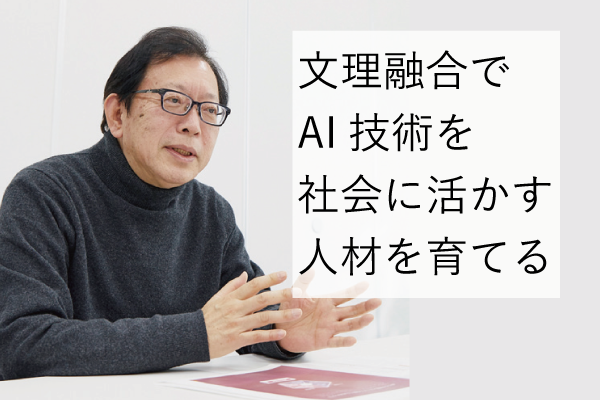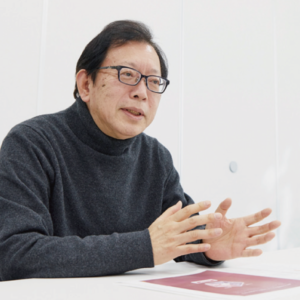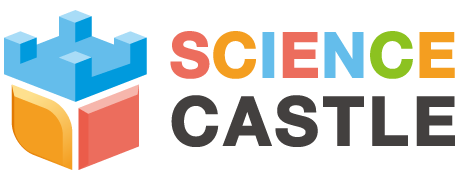- Information for Teachers
What kind of AI human resources can really play an active role in the future society? Fostering human resources who can make the most of AI technology in society through a fusion of the humanities and sciences.
2021.07.10
Otemon Gakuin University has newly established the "Artificial Intelligence and Cognitive Science" major, which allows students to study the artificial intelligence domain within the Faculty of Psychology. Behind this new major is the belief that in the development of AI technology and the cultivation of AI human resources required by society in the future, it is important to take a combined approach of the artificial intelligence field and the cognitive science field, which focuses on human cognition and behavior, among other areas of psychology.

Otemon Gakuin University Professor Emeritus and Special Advisor to the Office of the President
Toshiro Inui he(in Japanese history)(Doctor of Letters)
Born in Osaka, Japan, he received his M.S. in Biotechnology from Osaka University in 1976, and his Ph.D. in Literature from Kyoto University in 1985. 1995, he became a professor at the Faculty of Letters, Kyoto University, and in 1998, a professor at the Graduate School of Informatics, Kyoto University. 2015, he became an honorary professor at the same university, Professor at Otemon Gakuin University, where he has held his current position since 2021. His areas of expertise are social cognitive neuroscience and computational neuroscience.
AI human resources who make the most of "human-friendly AI" for society
Everyone has heard of AI (artificial intelligence). In its "AI Strategy 2019," the government has set a goal to train 250,000 AI professionals annually by 2025. AI technologies have already begun to be used in our daily lives, and many more AI technologies will be implemented to support our daily lives. In order to achieve this goal, it is important to develop AI technologies that are "easier for people to use," said Toshiro Inui, professor emeritus at Otemon Gakuin University. Ideally, people should be able to propose AI applications to society based on their understanding of human beings," he said. Inui has been conducting research to understand how human sociality is formed based on the brain mechanism. Based on his own experience, he believes that the knowledge of cognitive science, which explores intellectual functions such as human thinking, memory, and perception, and their mechanisms, is necessary for the AI human resources that will be sought after in the future.
Knowledge of humanities disciplines is the foundation of AI technology.
In fact, the field of artificial intelligence is also one that is strongly related to so-called humanities studies. For example, machine translation tools that are now available on the Internet, in which an AI that has learned a vast amount of text data automatically translates the input text, are based on knowledge of "linguistics. Sentences we speak or write follow a "syntax," and sentences that deviate from the syntax cannot be understood in terms of their meaning. Machine translation AI has made dramatic progress in recent years by "learning" syntax through deep learning. Learning" has always been a very important research theme in psychology, and the findings of many psychologists have contributed to the development of deep learning technology. Inui said, "We believe it is a natural progression for Otemon Gakuin University, which has a psychology department, to expand its studies into the area of artificial intelligence.
Majors where you can learn from outstanding researchers in two areas
The new major will provide an environment in which students can learn broadly in the areas of artificial intelligence and cognitive science. Dr. Inui took the lead in considering from the ground up what kind of faculty members would be best suited to provide a new kind of learning experience in this new major. In addition to outstanding researchers in academia, the curriculum includes a diverse range of faculty members from outside the university, including researchers with research experience in the corporate sector. AI technology will be able to contribute to all aspects of people's lives in the future. Inui is enthusiastic about the program, saying, "AI technology will contribute to all aspects of people's lives in the future. I hope that motivated students will take on the challenge of learning to use even difficult technologies. We hope that students who are interested in the possibilities of AI technology in the future will take up the challenge of this new major.
Otemon Gakuin University, Faculty of Psychology, Artificial Intelligence and Cognitive Science
For more information on admissions, curriculum, faculty members, etc., please contact(Please click here)for more information.
'TheEducational Support vol. 50From "The
